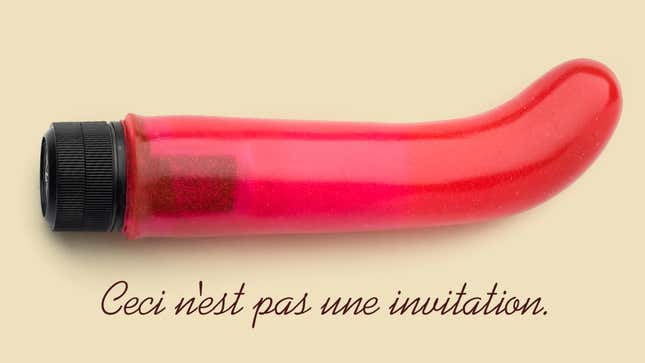If It’s Not a Secret, It’s Not Safe: Girls, Boys and the Pleasure Paradox
Latest

The expectation that young women should be “sexy, but not sexual” –- or the Paris Paradox — isn’t new. As the annual round of not-entirely-unjustified complaining about girls’ Halloween costumes begins once more, the most popular solution seems to be one of the least helpful: urging young women to put their sexuality in temporary cold storage. If you want to be safe, we tell our girls, keep your desires (which we’d rather pretend you don’t have in the first place) secret.
Writing in Australia’s Daily Life, Clementine Ford laments the refusal to distinguish between the pressure on young girls to perform an inauthentic sexiness for others’ benefit and the liberatory development of their own sexual selves. “It’s impossible for some people to believe that girls can actually engage with their sexuality, can seek out sexual experiences willingly and responsibly and without risk of permanent psychological damage,” she points out. Part of that disbelief comes from the suspicion that those who claim to support young women’s sexual discovery are motivated either by the desire to sell them something or (worse still) to exploit teens’ exaggerated erotic autonomy. No one wants to be labeled a predator; as Ford notes, “discussing it taps into that fear that others will think we’re preoccupied with it.” The safest tactic is to say nothing, or to join the chorus that wants young women to avoid being either sexy or sexual until they reach adulthood.
Ford makes a compelling case that we must empower teen girls to discover sexuality for themselves, starting by “encouraging and normalising young female masturbation.” It’s surely solid advice; even Oprah has famously embraced the vibrator as an ideal gift for a mother to give her adolescent daughter. Yet “encouraging” young girls to masturbate isn’t without risk, either –- just not the risk imagined by anxious moralizers. We live in a perfectionist culture where, as Courtney Martin writes, girls tend to hear “you can be anything” as “you have to do everything.”
For young perfectionists, opportunity has a nasty way of getting reframed as obligation. That’s as true of self-pleasure as anything else; think of the notorious scene in Black Swan where Natalie Portman masturbates on instructions from her ballet director. The fact that she’s alone (or thinks she is) as she touches herself in bed doesn’t change the fact that she’s getting herself off at least in part to please an authority figure. It’s as clever an encapsulation of the perfectionist pleasure paradox as one could ask for.
-

-

-

-

-

-

-

-

-

-

-

-

-

-

-

-

-

-

-

-

-

-

-

-

-

-

-

-

-

-

-

-

-

-

-

-

-

-

-

-








































